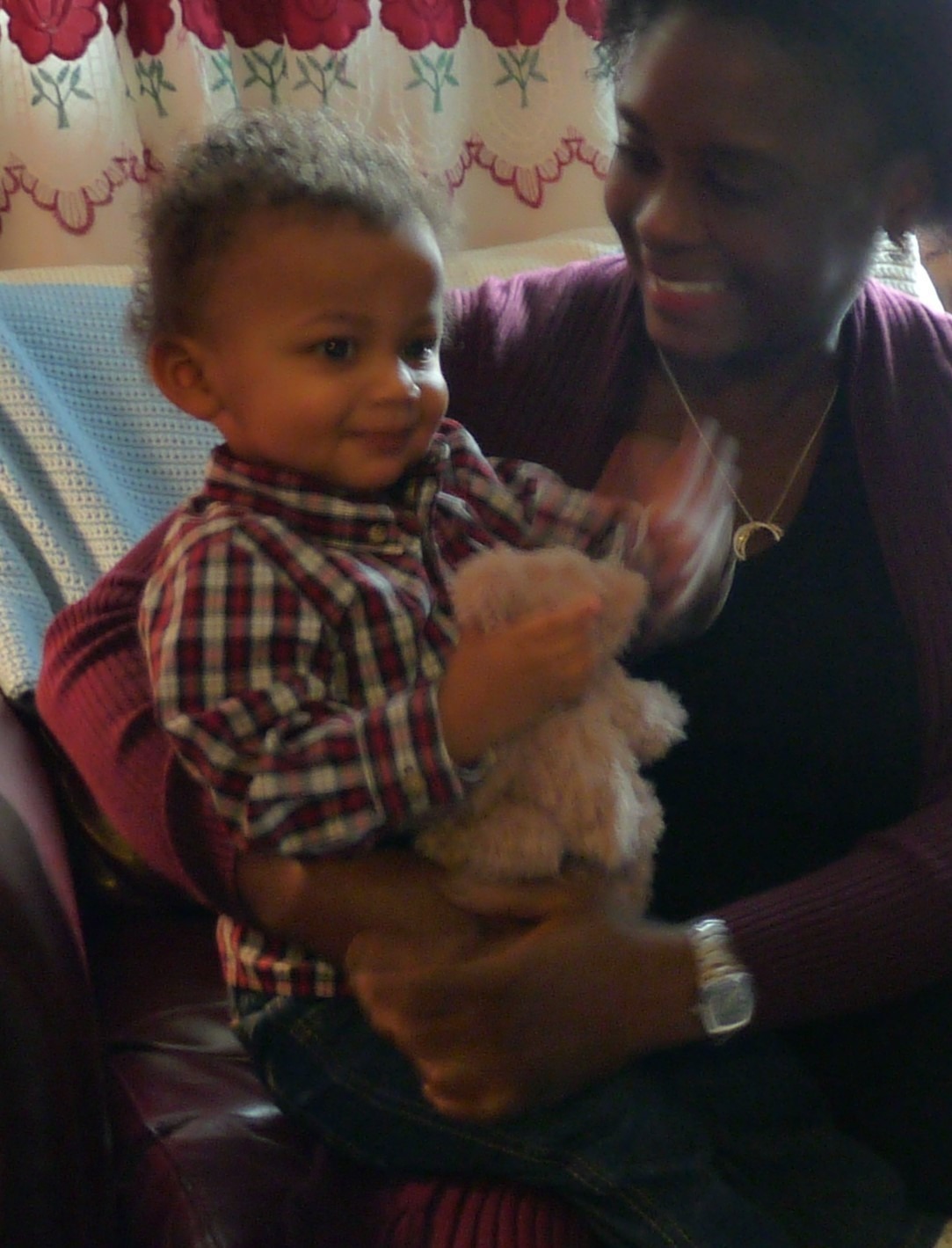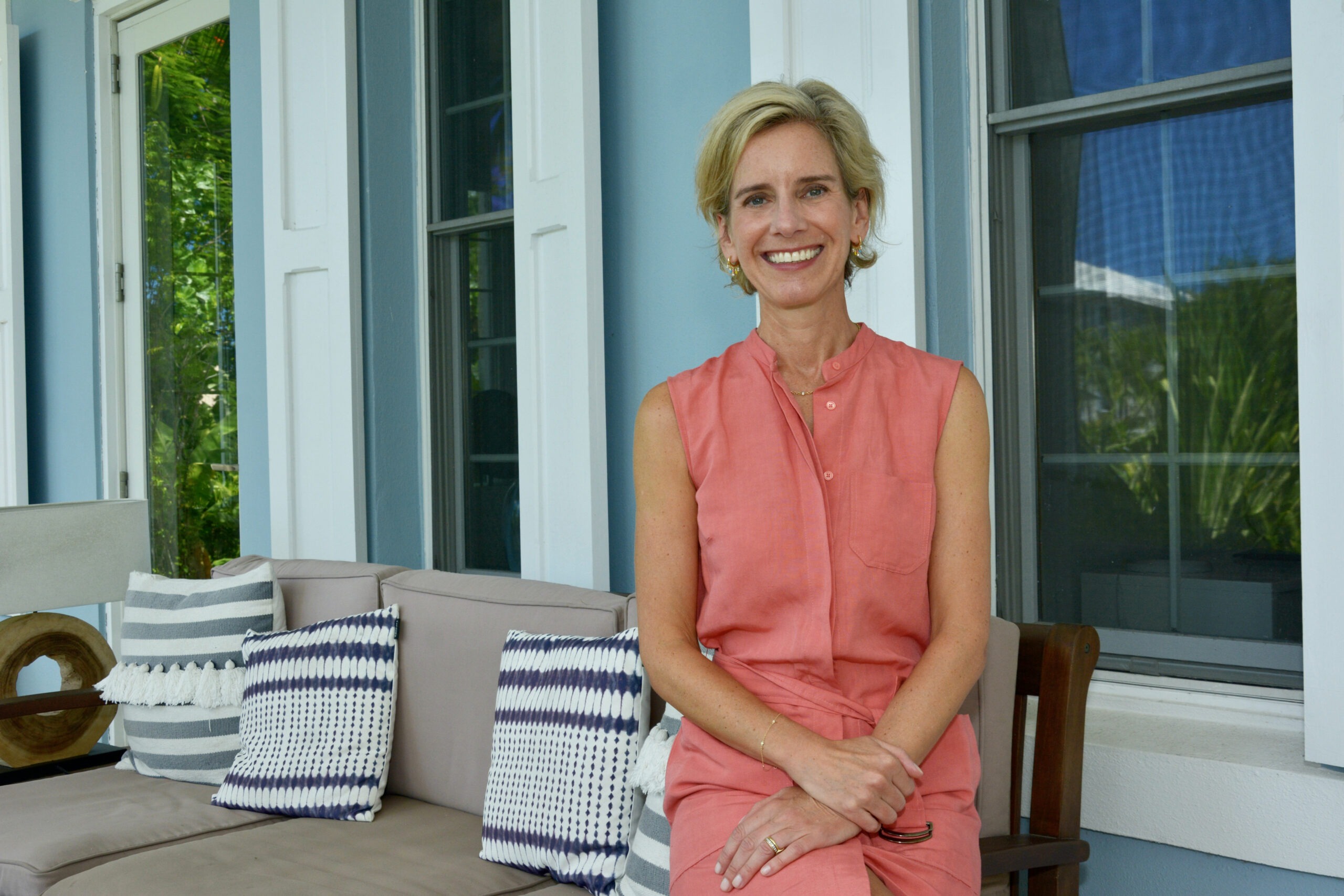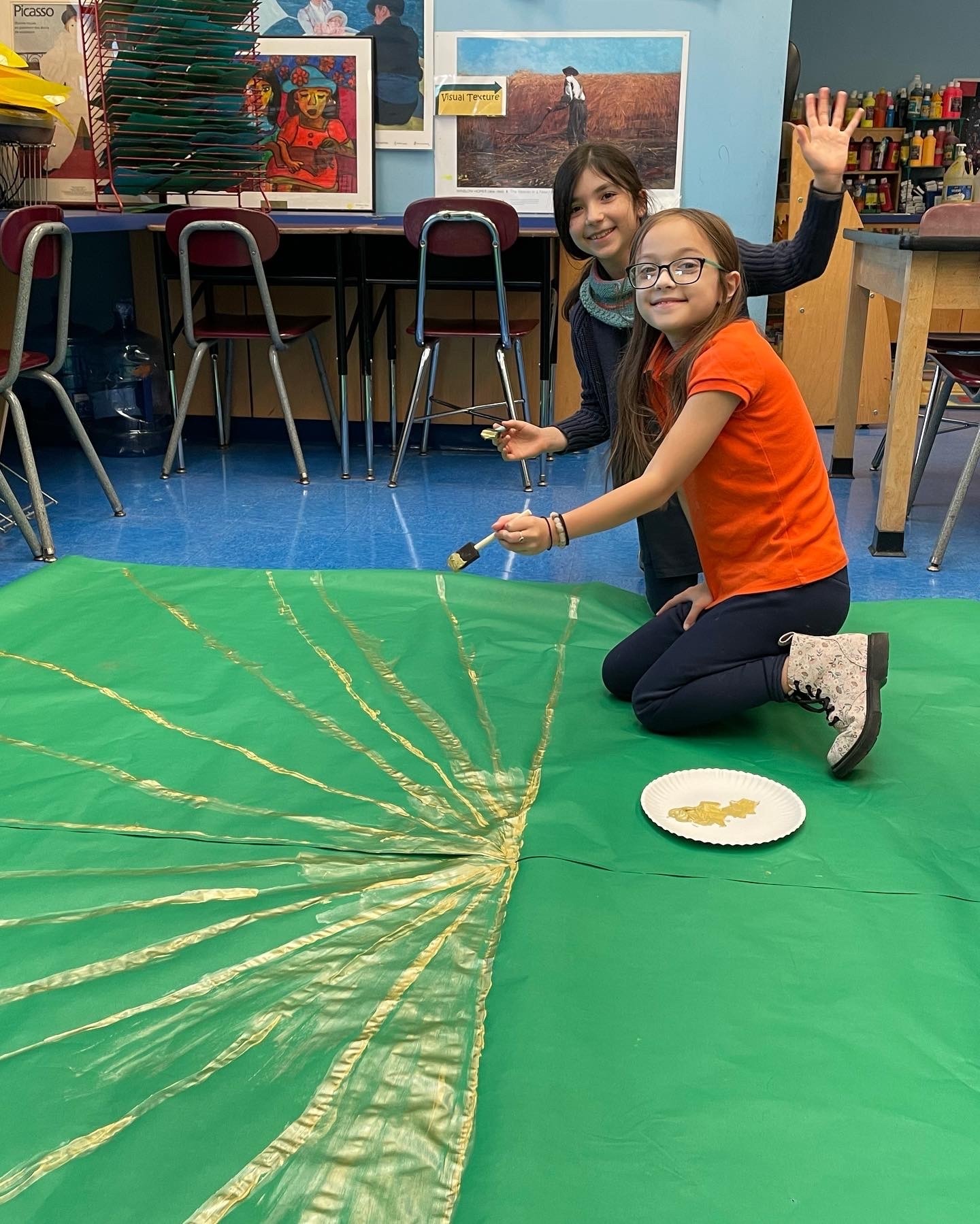 A neighborhood mom reminded me, “Don’t forget, you are the chocolate chip in the chocolate chip cookie, you don’t need to stand out more than you already do!” Who knew there was so much adversity baked into a chocolate chip cookie. I wrestled with comments like this throughout my adolescent and adult life.
A neighborhood mom reminded me, “Don’t forget, you are the chocolate chip in the chocolate chip cookie, you don’t need to stand out more than you already do!” Who knew there was so much adversity baked into a chocolate chip cookie. I wrestled with comments like this throughout my adolescent and adult life.
Some other examples have included:
“She is a strong one, well what do you expect? She’s a natural athlete, that’s who they are.”
“Sweetie, don’t you think you are working too hard, you don’t have to be an overachiever, why don’t you start with these lower leveled words/books.”
“Remember you have to work to be 110% everyday because otherwise they will never recognize you as person.”
“If you mess up even once, you’re just plain ol’ Black again.”
These outbursts caused conflicting thoughts… especially considering how I was raised. One of my mother’s most memorable expressions to me was, “Perfectly and wonderfully made.” She said everyone was created to be their best, like flowers endowed with blossoms of “individual gifts.” Our creative potential was stored up inside, just waiting to be revealed. I was not taught to see color. I was born a first generation Caribbean-American, my grandfather from Punjab, India; my grandmother Jamaican-Chinese, my mother’s family British, Irish, and African. My family’s skin color ranged from cream, to chestnut brown, to chocolate brown, and in between. My family’s values, attributes, and love for one another established a framework that color was normal, not different.
I was raised to believe that what mattered most was being my best. As a carefree young girl of five, I loved the thrill of competing. All that mattered while racing was performing my very best against the stop watch. As I visualized reaching each finish-line, I would always picture myself reverently resting as I stood on the victor’s podium, inspired by my Faith and my mother’s guidance and wisdom. But despite my determination, my own self-awareness was constantly tested.
Standing out. Wasn’t that a good thing? Wasn’t this the American way? To work hard, to be the best you could be and reach for infinity. I have always loved a challenge and have that “never give up” Rambo-type attitude. I can still hear the echo, “Runners, take your mark, get set, ‘Bang’!” My muscles burst into motion, my heart pounding and stretching to its limits, determined to reach the finish line first.
I first encountered the “N” word in first grade. The joy of winning my first grade district spelling competition wasn’t enough to deaden the pain felt by an unfamiliar word blurted out by a resentful boy from I’d never met. “Ns aren’t smart, anyway,” he said to me. Stunned at his outburst, an argument ensued. I had no response to the unknown, ugly word. When I returned home and described what happened and my confusion over the word, she reluctantly explained. Immediately, a crevice formed in the rock of my self-awareness. It disjointed my understanding of who I had always believed I was– not a color but a young woman striving to be her best. As this concept of racism began to penetrate, it no longer mattered how great I was at spelling and what I had accomplished. All that mattered was my new reality.
While still in elementary school on break after gym, several of my classmates and I were fussing our hair. Two Caucasian girls moved closer one suddenly began running her fingers through my hair. When her fingers were stopped by my mass of curls she exclaimed, “Why is your hair like that? It is so thick and curly. It’s not as soft and straight like mine. My mother said you’re not as pretty as me. You don’t look like my Barbie doll.” I was stunned but silent. Again unable to respond, I thought to myself, “I’m not pretty? That’s not what my mother says.”…..”My Barbie dolls look like me!”
In Junior High-School, I began to learn that the uninvited comments could come from all directions. I sat at lunch finishing my homework when an African-American classmate said, “She’s such an Oreo cookie, she is Black on the outside, but White on the inside. She speaks so well, she’s on the Principle Honors list. Sell out…who does she think she is?” I walked away consumed by her comments. A victim of perpetual societal stereotypes, they were unfortunately not the last from another person of color. I was taught that being articulate and successful had nothing to do with the color of skin. One thing was certain– I couldn’t control others, only myself.
In High School I played the cello in the orchestra and was tasked with teaching a close friend a series of selections for a show. I was the 3rd seated, he was the 6th. When we arrived at his house after-school with our instruments, my friend asked me to wait outside as he announced my presence to his mother. He sheepishly stepped out on to the porch and told me I had to leave. She had informed him I was not welcome and was told that I would “bring down their property value” if I was seen there. I went back to the school and waited for my mother to pick me up.
Next, during a High School exchange program, I received an exciting opportunity to study in Russia. However, I was not fully prepared for the experience. There, people stared at me wherever I went. Little children pointed their fingers at me. Some even ran up to touch my skin, some of them tasting their fingers. I have since wondered whether they thought I was made out of chocolate.
Back in the U.S. for my senior year, it was time to apply to college. Always a strong student, it never occurred to me that the color of my skin might be a factor to those helping guide me through the process. “You are an A student, very good SAT scores, Captain of the Cheerleading & Track team, Red Cross President, Model UN. Hmm…are you sure you don’t want to rethink the schools you are applying to? What do you think about Swarthmore, Hofstra, or Northwestern?” I replied to the counselor, “I am not familiar with those schools, as I am focused on Cornell, University of Pennsylvania, NYU and Yale. ” Given my accomplishments and academic record, all schools I had been interested in attending were already interviewing me with extreme interest. She replied, “Don’t you think those schools are too high for you to reach? Why not apply to safer schools —more at your level?” Once again, I felt that the rapids of racism were propelled in my direction, out of my control.
I went home feeling deeply hurt. I repeated my most cherished mantra: I am a thinker, an athlete, most of all a determined soul. I am performing at my best to reveal my potential, to reach my goal.
Cornell chose me. And I chose Cornell– a place of snow flakes and gorges, a place that I had loved since I was a little girl through fond memories that were established during the many winter break holidays I spent with oldest sister during her undergrad and graduate student years. However, even at Cornell I experienced unwelcome outbursts about the color of my skin.
As a walk-on Fencer, one of two people of color, I had made the women’s Division 1 Fencing team. By the end of summer training, I was the only woman of color left on the team. As I rose through the ranks, becoming a notable opponent, I felt the tension as I walked into each bout, each team tournament. My opponents smirked and didn’t take me seriously. While stretching or getting ready in the locker rooms, many asked me, “So where did you grow up? Who taught you how to Fence? I’ve never met anyone like you before.” One commented, “Well I guess you all are athletic, that would make sense, but this isn’t just a game of strength, it’s physical chess!” It didn’t matter that I had individually won and my team beat that team that day. I felt wounded and the words continued to sting.
That was then. Although much time has passed, I know I still cannot change the way society may apply certain labels about anyone that is different. However, I have had the opportunity to teach my own children the importance of looking past color, gender, size, religion, disability and embrace difference in the same way I always wished I’d been treated. In that sense, although my racing days are behind me, I feel proud that I’ve undeniably made my mark.
 Tiffany Monique Jones (Redguard) graduated from Agriculture & Life Sciences with a double major in Accounting & Finance in the ARME program. She was a member of the Cornell Women’s Fencing team, Alpha Kappa Psi business fraternity founding member, a member of MBSA, and a writer for OMEA and Ujamaa. Tiffany previously worked for J.P. Morgan and an NYC based Christian church, and is now an Independent Registered Investment Advisor for Royal Alliance. She lives a beautifully busy life in NJ, with her husband of 15 years and her two wonderful sons, 9 and 11 years old.
Tiffany Monique Jones (Redguard) graduated from Agriculture & Life Sciences with a double major in Accounting & Finance in the ARME program. She was a member of the Cornell Women’s Fencing team, Alpha Kappa Psi business fraternity founding member, a member of MBSA, and a writer for OMEA and Ujamaa. Tiffany previously worked for J.P. Morgan and an NYC based Christian church, and is now an Independent Registered Investment Advisor for Royal Alliance. She lives a beautifully busy life in NJ, with her husband of 15 years and her two wonderful sons, 9 and 11 years old.





